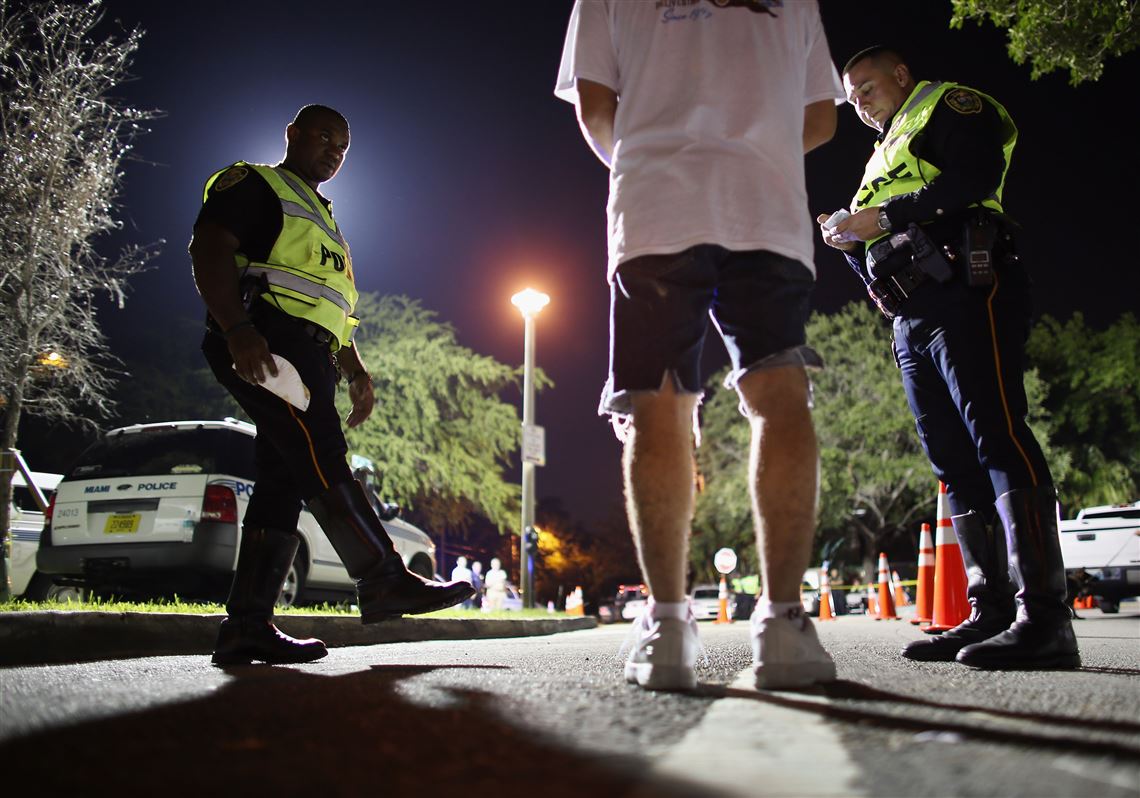HARRISBURG — Repeat driving under the influence offenders could find themselves wearing a device to detect the presence of alcohol to avoid incarceration under legislation that passed the state House of Representatives on Tuesday by a 143-58 vote.
The bill, sponsored by Rep. Todd Stephens, R-Montgomery County, seeks to put into law a practice that several counties in Pennsylvania already have implemented, giving judges the option of requiring an alcohol monitoring device as a condition of bail, probation or parole in cases where an individual has one or more prior DUI offenses.
The legislation would give the courts the discretion to determine which devices can be used — and the individual is required to bear the cost of the device. However, an amendment added to the bill requires the court to consider an individual’s ability to pay the associated costs when ordering a substance monitoring device.
The technology could be a continuous alcohol monitoring device that an individual wears that automatically and frequently tests for the presence of alcohol. Or it could be a mobile breathing device or some other alcohol monitoring technology. Additionally, the court could order random drug testing or any other controlled substance monitoring technology.
“This bill is about using technology that is available to us today that wasn’t available to us before to do a couple of things,” Mr. Stephens said. “By utilizing this technology, we can reduce our jail populations for our counties. We can reduce our costs to our taxpayers, and we can increase public safety by reducing recidivism with DUI.”
The American Civil Liberties Union-Pennsylvania opposed the bill because of how it permits the courts to impose surveillance with this technology not only as a condition of probation but also pretrial, among other reasons, said Rep. Greg Vitali, D-Delaware County.
A provision in the bill that addresses changes to the Accelerated Rehabilitative Disposition program, a diversionary program for nonviolent offenders with no prior or limited record, drew some debate. The changes arise out of a 2020 Superior Court ruling that found a defendant’s acceptance of ARD in a DUI case cannot count as a prior offense when it comes to grading and penalties for future DUI violations.
This bill would change that to require an individual, before receiving ARD, admit the commonwealth’s evidence would prove they violated the law; agree their admission may be used as a prior conviction to increase the grading and penalty of subsequent offenses; and waive the right to challenge the use of ARD as a prior conviction.
Some Democratic lawmakers argued that these changes would erode the benefits of the ARD program.
Rep. Dan Miller, D-Allegheny County, who unsuccessfully argued it was unconstitutional, said it essentially would count what is considered a nonconviction of a DUI offense as a conviction and hold that against an individual when it comes to determining the penalty for any future DUI offenses.
Mr. Stephens countered that a defendant doesn’t have to enter ARD. If they do, they are making a deal with the prosecutor saying they are “going to toe the line and avoid any further criminal behavior” knowing there are consequences if they don’t.
First Published: April 7, 2021, 10:15 a.m.
Updated: April 7, 2021, 12:47 p.m.















